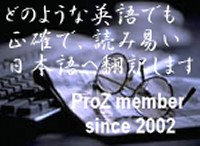To report site rules violations or get help, contact a site moderator:
You can also contact site staff by submitting a support request » How do you translate a "colon" into Japanese?
| |||||||||||||||||||||||||||||||||||||||||||||||||||||||||||||||||||||||
Your current localization setting
عربي
Select a language
Close search







